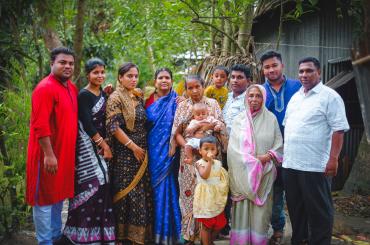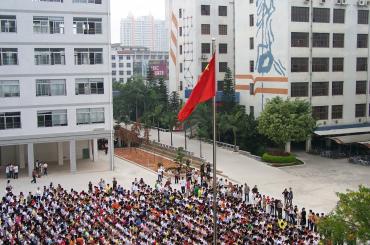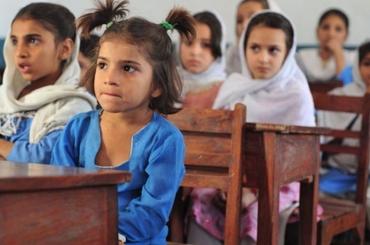
human capital
-

Long-term and intergenerational benefits of early childhood health interventions
An early childhood health intervention in Bangladesh benefitted adult’s human capital and economic outcomes as well as human capital in the next generation
-

How Special Economic Zones shape education decisions in China
On average, Special Economic Zones in China increased local high school enrolment rates, but this masks varying impacts between different types of zones
-

Skill-biased production makes high-skill workers more efficient in rich countries
Highly educated workers are relatively more productive in rich countries, largely due to a more skill-biased technological environment
-

Road connectivity and rural economic development: Evidence from India’s rural roads programme
Road connectivity leads to workers moving out of agriculture and improvements in education but no substantial effects on income, assets or consumption
-

Hiring from suppliers and customers in the Dominican Republic
Workers who move to a customer or supplier are less likely to leave that firm down the line and also tend to get paid a higher salary
-

Human capital growth: An engine for structural transformation
Growth in human capital reduces agricultural labour supply, while in turn the expansion of non-agricultural sectors drives human capital growth
-

Making a Narco: Childhood exposure to illegal labour markets and criminal life paths
Exposure to illegal labour markets in childhood leads to the formation of industry-specific human capital, putting children on a criminal life path
-

Evidence to practice: Education reforms
USAID is using evidence to improve the way we teach and learn
-

Perceived risk of street harassment and college choice of women in Delhi
Women choose lower quality colleges, travel for a longer time, and spend more money on commuting, relative to men, to feel safer